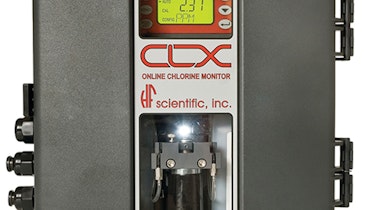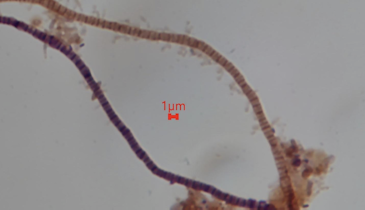The Senate Environment and Public Works Water and Wildlife Subcommittee held a hearing on Tuesday, Dec. 2, to discuss the innovative advances being made in the clean water arena as well as the challenges faced by clean water agencies that are seeking to embrace the concept of the...
Senate Hearing Focuses on Wastewater Resource Recovery
Popular Stories
Discussion
Comments on this site are submitted by users and are not endorsed by nor do they reflect the views or opinions of COLE Publishing, Inc. Comments are moderated before being posted.




